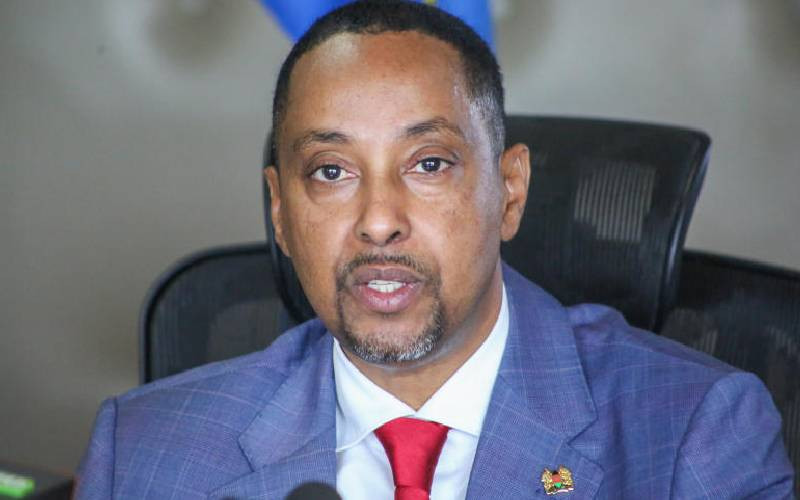×
The Standard e-Paper
Truth Without Fear

Audio By Vocalize

The State Department for East African Community (EAC) is mandated to proactively secure Kenya's grand national interests through regional diplomacy and shrewd statecraft.